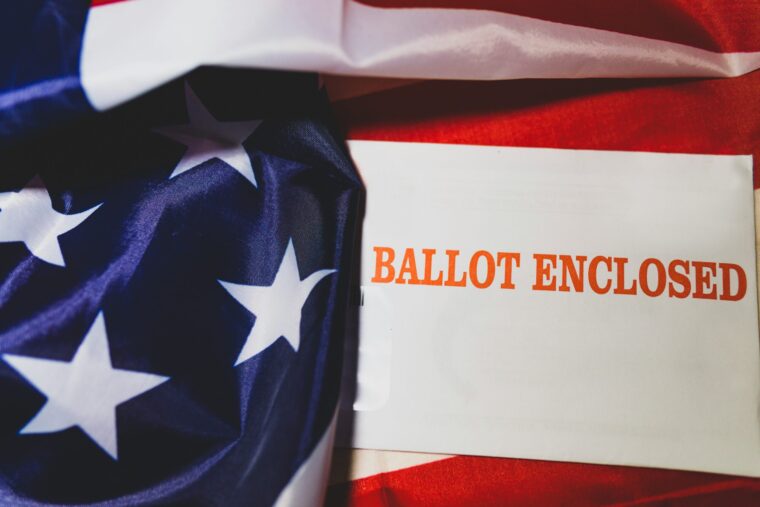
More Texas bond propositions tend to fail in elections that include high-profile races – such as for governor or president – than in elections with mostly municipal and county contests, a survey of Texas elections shows.
The survey focused on elections in 20 Education Service Center (ESC) regions in Texas since 2022. It was conducted by Austin, Texas-based procurement consulting firm, Strategic Partnerships Inc. (SPI), which publishes Government Market News.
Texas hosts two elections each year: One in May and another in November that corresponds with national elections. Bonds in November 2022 and 2024 had a 45% and 48% success rate, while those in May 2023 and 2024 had a 68% and 70% success rate.
Since 2019, Texas law requires schools to use ballot language that clearly states approval will cause property taxes to increase. Texas voters can also partially pass bonds by voting for individual components, instead of voting for the entire package to pass or fail.
Low voter turnout is likely one of the main reasons more bond measures fail in May elections, according to Miles Mathews, a senior consultant at SPI who compiled the data.
“If you look at the bond elections that happened in May of each year, there’s a lower voter turnout, but those voters are more interested in what’s on the ballot. That’s sometimes good, sometimes bad.” Mathews said. “The good news is usually you have more people turn out to vote for passing a bond than vote against. The people who come out to vote against really have to be hyper motivated.”
Government Market News spoke to Mathews about the bond elections. His answers are below.
Why do more bond elections fail in November than in May?
Whether you’re a school district or whether you’re a city or a county, if you’re going to do a publicly financed building, you’ve got to get people to vote to essentially take that tax burden on themselves through issuing more bonds.
In November, bonds are less likely to pass because of the type of voter that turns out. November is the time when people come out to vote – that second Tuesday. There are generally more items on the ballot and more voters.
However, you have people who are more likely to fall on that side of “no new taxes.” And that’s why you see less than 50% passage rate in those Novembers.
If I’m on a school board looking at needing to pass a bond, I would look at that and say, “Well I’m going to call that bond election for May because I’ve got a better shot at getting it passed. I’m never going to call a bond election in November.”
Why do you think that is?
The driving force is political will. When you start talking about school funding, whether it’s how the legislature allocates money to public schools or whether the public schools vote to increase the tax base by passing more bonds, you start playing into vouchers.
The same people that are for vouchers usually are against new school taxes. They don’t want their personal taxes to go up, and they think they’re paying too much in taxes. There’s a perceived lack of need for education funding, but a lot of them have school-age children in public school.
What happens when bond elections fail?
Then the projects just go away. Well, the need doesn’t go away, right? But the opportunity goes away until you can get enough political will to put it back on a ballot.
But what happens to a school system? There’s really two things that a school district can do. One would be to increase the classroom class size – but you can’t increase the classroom size. The other is you can bring in these portable classrooms. The portable classrooms you end up having to pay out of your emergency fund, basically.
Photo by Joshua Woroniecki on Unsplash
The post Why bonds fail: ‘The driving force is political will’ appeared first on Government Market News.

